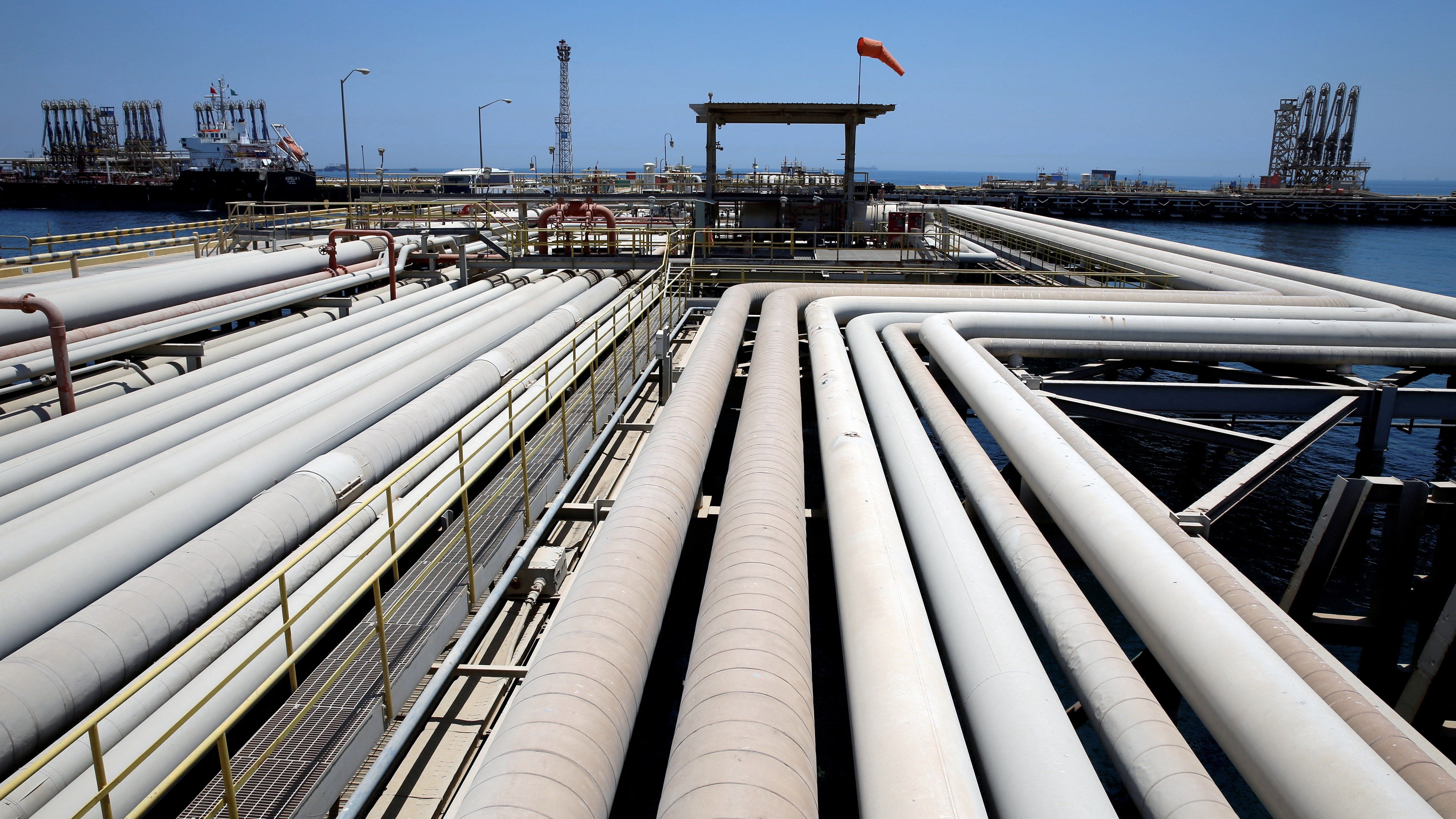547,000: OPEC Plus, the eight-member oil cartel de facto led by Saudi Arabia, announced on Sunday it would increase oil production by 547,000 barrels a day, the latest in a series of increases that first started in April. In response, oil prices dropped more than 2% on Monday.
6: Anti-corruption authorities in Ukraine charged six people with embezzling funds intended for drone purchases in a “large-scale” bribery scheme. The arrests include one sitting legislator, a National Guard commander, two officials, and two businessmen.
100,000: The United Kingdom rolled out its gonorrhoea vaccines on Sunday, a move that the National Health Service believes will prevent 100,000 cases of the sexually transmitted infection. The vaccine is 30-40% effective, but the hope is that it will stem the growing number of antibiotic-resistant cases of the infection.
12: Former Colombian President Álvaro Uribe was sentenced to 12 years under house arrest on Friday for witness tampering and fraud. He was also barred from public office and fined $578,000, but the right-wing ex-leader plans to appeal the conviction.
0000: Iran’s parliament proposed
cutting four zeros from is currency, the rial, as decades of high inflation, sanctions and economic mismanagement have eroded its value. The proposed change would aim to simplify financial accounting and reduce printing costs.
